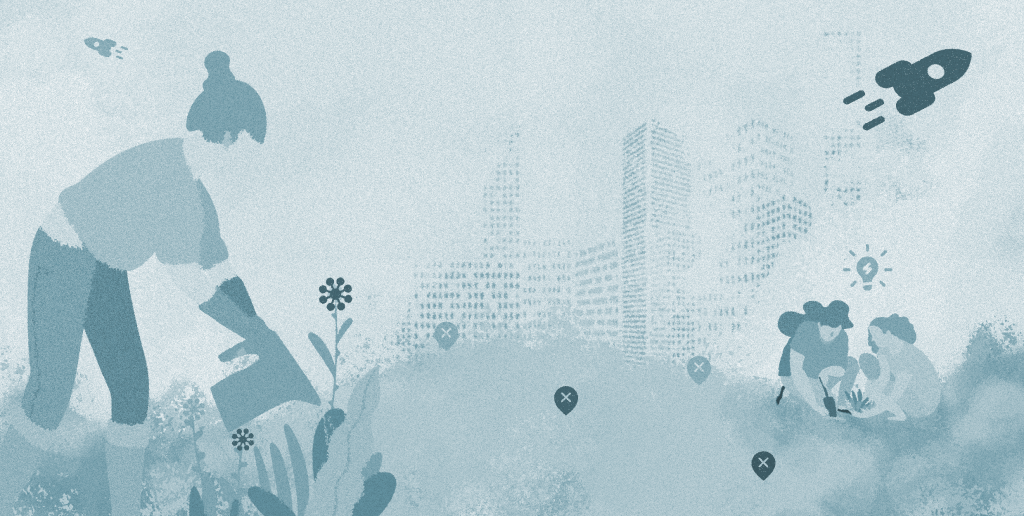“The youth shall inherit the earth,” the saying goes. But are we truly supporting our young people to not just survive the next world, but lead it? Are we doing enough?
In the Philippines, more than 90% of the youth hail from low to medium income communities. Often, they are left out of crucial socio-economic discussions despite their key role in creating collective impact. We want them to complain less, volunteer more, and dream bigger, but most of them are just trying to survive their day-to-day. How can we expect the youth to be involved when civic engagement is still a privilege?
Without access to resources and opportunities, the Philippine youth has less and less time to participate in change-making. Fortunate individuals, who do have this access, are often put into the position of “rescuers.” And the youth? They are the “rescued.” This skewed dynamic colors the way they perceive themselves, further politicizing an already stigmatized endeavor.
It has become clear that our current civic engagement model is flawed. But it can be redesigned. We need a safe and accessible model designed for poverty alleviation, with the capacity to bring together any Filipino – regardless of age, financial capacity, sexual orientation, and others – and support them throughout their career.
To inspire you, here are two case studies to show how we can democratize civic engagement among our future leaders – and how you can, too.
Helping the Youth Build their Dream Cities
By 2050, the urban population of the Philippines is projected to increase by 65%. How do we engage more young people in urban sustainable development? Youth 4 Sustainable Cities, a free programme we designed in partnership with Citi Foundation, aims to equip the youth with the resources and social capital to trigger the positive transformation of their cities.
We traveled to three major areas – Manila, Cebu, and Dumaguete – and trained selected youth ambassadors on community building and event organizing. The goal was to make them realize they have a say in designing the cities of their dreams, by providing free replicable and scalable tools they could then recreate in their own localities, long after the programme ended.
The result? A snowball effect of impact. Thanks to our starting 96 young leaders, 11 events were organized on urban sustainability, 4,369 people joined the communities of our incubated social startups, and even today, thanks to their testimonies and mobilization efforts, 1000+ people continue to support our urban communities during the lockdown.
Adulthood, Interrupted: Employability in the Age of COVID-19
Last June 2020, the Philippines hit an unemployment rate of 7.3 million people – its highest recorded number yet. Young people between jobs or newly-graduating into a world forced into lockdown were desperate for the skills and experiences that would distinguish them from the crowd. Feeling isolated and unmotivated, they were also seeking community.
So, we designed the Makesense Micro-internship – a free remote programme that provides them with the tools and resources to make a change, wherever they are. Young people can join as creative volunteers, webinar organizers, or even community builders for social innovation. Participants will receive training, weekly calls with the community, newfound skills and networks, and finish with a formal certificate of completion to assist in the job-hunt.
Planting the Seeds
Since the launch of these two programmes, we have seen a drastic increase in the diversity of our community. But while we’ve designed them with accessibility in mind, we realized they have not been enough. How can we clear the path of young people to civic engagement if they do not have a computer? If they have families to support full-time? If speaking out about causes they care about may be unsafe?
The youth need a civic engagement model that is rooted with the realities on the ground; this means prioritising vulnerable sectors and addressing issues of security, safety, and personal orientation to maximise their potential.
At makesense, we are currently designing our civic engagement programmes to focus on two key things: 1) equipping youth leaders to become champions of advocacies they support through the power of positive storytelling, and 2) offering a unique professional civic apprenticeship to enable low-income communities to build a career in development.
The future is in the hands of young people. Let us set them up for success.


















